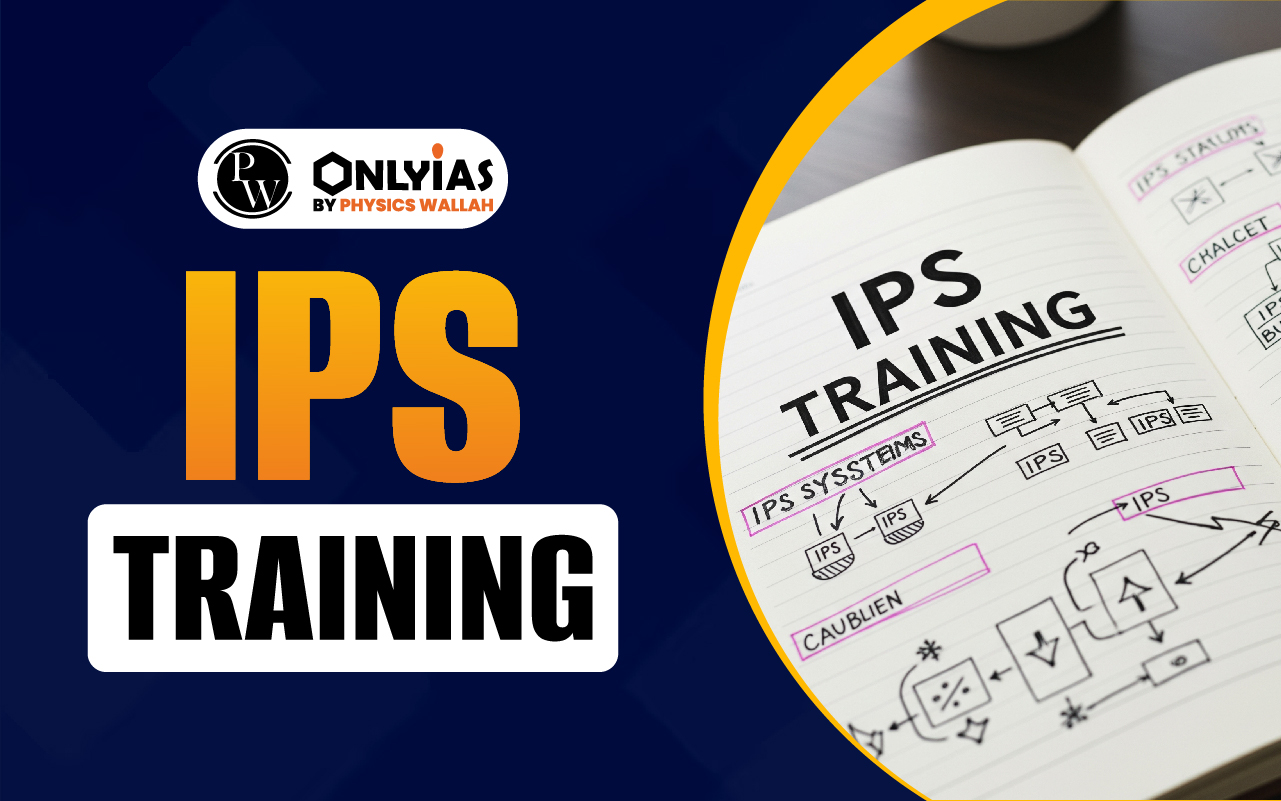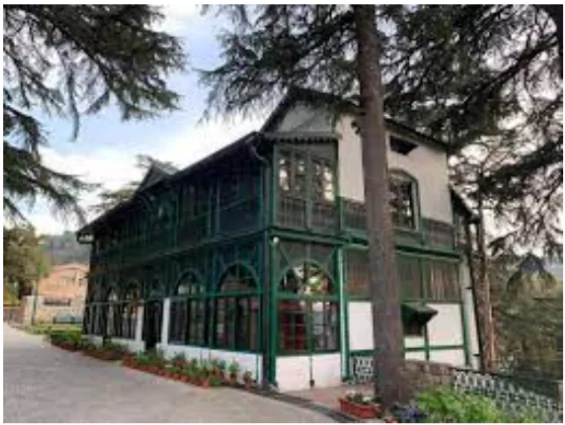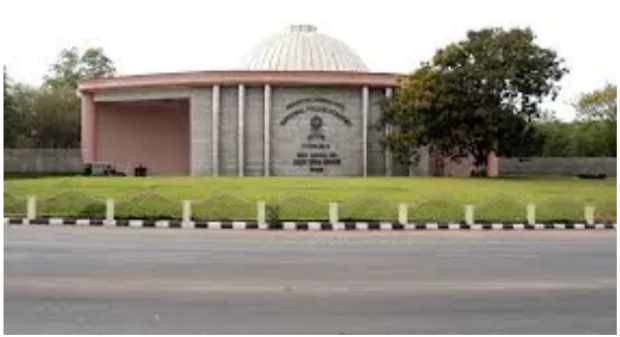IPS Training Centre in India: check location, training period, phases, salary, perks, and complete IPS training structure at SVPNPA Hyderabad and LBSNAA.

IPS Training: The Indian Police Service (IPS) stands as one of the most prestigious pillars of the Indian administrative framework. However, before taking charge of law enforcement, an IPS officer must undergo strict and structured IPS training. This transformative training process is conducted through well-defined phases, focusing on building leadership, operational competence, and ethical responsibility.
Interested candidates must read on to get an overview of the IPS Training, detailing its phases, objectives, salary, and training centres, particularly the Sardar Vallabhbhai Patel National Police Academy (SVPNPA), Hyderabad, which is central to this journey.
The primary IPS training centre in India is the Sardar Vallabhbhai Patel National Police Academy (SVPNPA), Hyderabad. This academy functions under the Ministry of Home Affairs and is responsible for training IPS recruits who clear the Civil Services Examination conducted by UPSC. Apart from the basic training for probationers, SVPNPA conducts:
The SVPNPA is affiliated with Osmania University, which allows the academy to conduct police-specific academic programmes, enhancing the intellectual foundation of officers.
The journey of an IPS officer is divided into four distinct phases, each serving a specific purpose and progressively preparing officers for real-world challenges.
The initial stage of IPS training begins at the Lal Bahadur Shastri National Academy of Administration (LBSNAA). This three-month course brings together probationers of the IAS, IPS, IFS, and other Central Services, promoting inter-service coordination and developing essential administrative knowledge.

At this stage, the actual police-specific training begins. The year-long IPS training at SVPNPA comprises:
This phase lays the foundational knowledge and skills required for police leadership.

Source: svpnpa.gov
Also known as “field training,” this phase places officers in their allocated cadre states as Assistant Superintendents of Police (ASP). It provides:
This practical experience helps bridge the gap between classroom learning and field realities.
Probationers return to SVPNPA for final refinement of their leadership, operational, and decision-making skills. This includes:
This phase marks the culmination of the IPS training journey, preparing officers for independent charge in districts.
The IPS training period spans approximately two years in total, comprising the foundation course, institutional training, fieldwork, and post-practical sessions. Throughout this period, the focus is on transforming candidates into capable law enforcers, community leaders, and ethical public servants.
The broader purpose of IPS training is not limited to operational readiness. The training is designed to:
By focusing on personality development and core values, the IPS training programme creates officers who are not only law enforcers but also empathetic leaders.
IPS training involves an integrated curriculum designed to ensure a well-rounded officer. It covers:
These modules are combined with practical drills, simulations, and outdoor activities to instill discipline, strategic thinking, and responsiveness.
During the IPS training period, officers receive a stipend ranging from ₹15,600 to ₹39,100 with a grade pay of ₹5,400. Upon successful completion of training, officers receive a starting salary of ₹56,100 per month, excluding additional allowances such as:
While the stipend may appear modest initially, it reflects a phase of investment in skill-building, with substantial financial growth and job security in the long term.
Despite the modest stipend, probationers receive substantial non-monetary benefits during the IPS training period:
These benefits ensure a conducive learning environment, focused on overall development.
The IPS training is a strict and structured program designed to transform civil service entrants into disciplined, knowledgeable, and courageous officers. With the IPS training centre in Hyderabad acting as the nucleus, and structured exposure in field and academic environments, the IPS training period lays the foundation for a long and distinguished career. From understanding what training is given to IPS officers to recognising the importance of the IPS training period salary, each component reflects the importance India places on moulding exemplary public servants.
Ready to boost your UPSC 2025 preparation? Join PW’s UPSC online courses today!
The primary IPS training centre in India is the Sardar Vallabhbhai Patel National Police Academy (SVPNPA), located in Hyderabad.
The IPS training period starts at the Lal Bahadur Shastri National Academy of Administration (LBSNAA), Mussoorie, with a 3-month foundation course.
The IPS training period typically spans two years, including foundation, academic, physical, and field training across multiple phases.
IPS officers receive training in criminal law, investigation techniques, physical endurance, leadership skills, and crisis management.
The IPS training period salary ranges from ₹15,600–₹39,100 with a grade pay of ₹5,400, increasing post-training to ₹56,100 plus allowances.
No, IPS training includes classroom instruction, fieldwork, simulations, physical drills, and leadership modules to ensure holistic officer development.
<div class="new-fform">
</div>